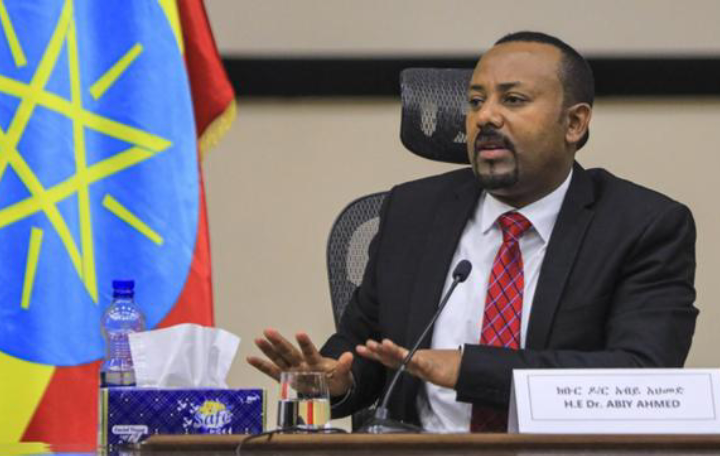Ethiopia detains elections again amid security, logistical challenges
Ethiopian election officials announced on Saturday that the planned June 5 election has been postponed until an unknown date.
The move came amid the widespread security and logistical challenges the country is facing.
Birutkan Mideksa, chairwoman of the National Electoral Board of Ethiopia, confirmed the change of date in a press statement: “The vote will not happen on June 5.”
The vote was originally planned for last August, but then postponed for the first time because of the coronavirus pandemic.
The Tigray People’s Liberation Front (TPLF), which was ruling the northern region at the time, had resisted the postponement and held its regional elections in September.
This was a factor that led to the conflict between the TPLF and the central government in Addis Ababa, which has been ongoing since early November. More than 50,000 people have fled to Sudan so far in connection with the conflict.
The US expressed extreme concern on Saturday about “the increasing number of confirmed cases” of the military blocking access of humanitarian aid to the conflict region.
In a statement released by the US embassy in Addis Ababa, US Secretary of State Antony Blinken said: “This unacceptable behaviour places the 5.2 million people in the region in immediate need of humanitarian assistance at even greater risk.”
There are credible reports of military personnel committing serious human rights abuses against civilians in Tigray, the statement said.
Mideksa said various logistical problems could not be achieved during the originally planned time frame for the June 5 election date. She gave a delay in the delivery of ballot papers as an example of work still to be done.
She did not announce a new date, but said it would “take into account the onset of the rainy season,” among other considerations.
The electoral board announced that some 36.2 million voters have registered to cast their ballots in the election, which some predict will give the ruling Prosperity Party a majority in parliament.
The TPLF dominated Ethiopia for some 25 years until Prime Minister Abiy Ahmed came to power in 2018 and pushed them out.
The upcoming elections are seen as an important test for Abiy: He came to power following the resignation of his predecessor and has since initiated several reforms.
Among other things, he was awarded the Nobel Peace Prize in 2019 for his peace agreement with long-term rival Eritrea.
However, ethnic tensions and conflicts have intensified during his term in office in the multi-ethnic state with its approximately 112 million inhabitants, and criticism of Abiy is growing.
The new parliament to be elected chooses the head of government.
Source: Vanguard

